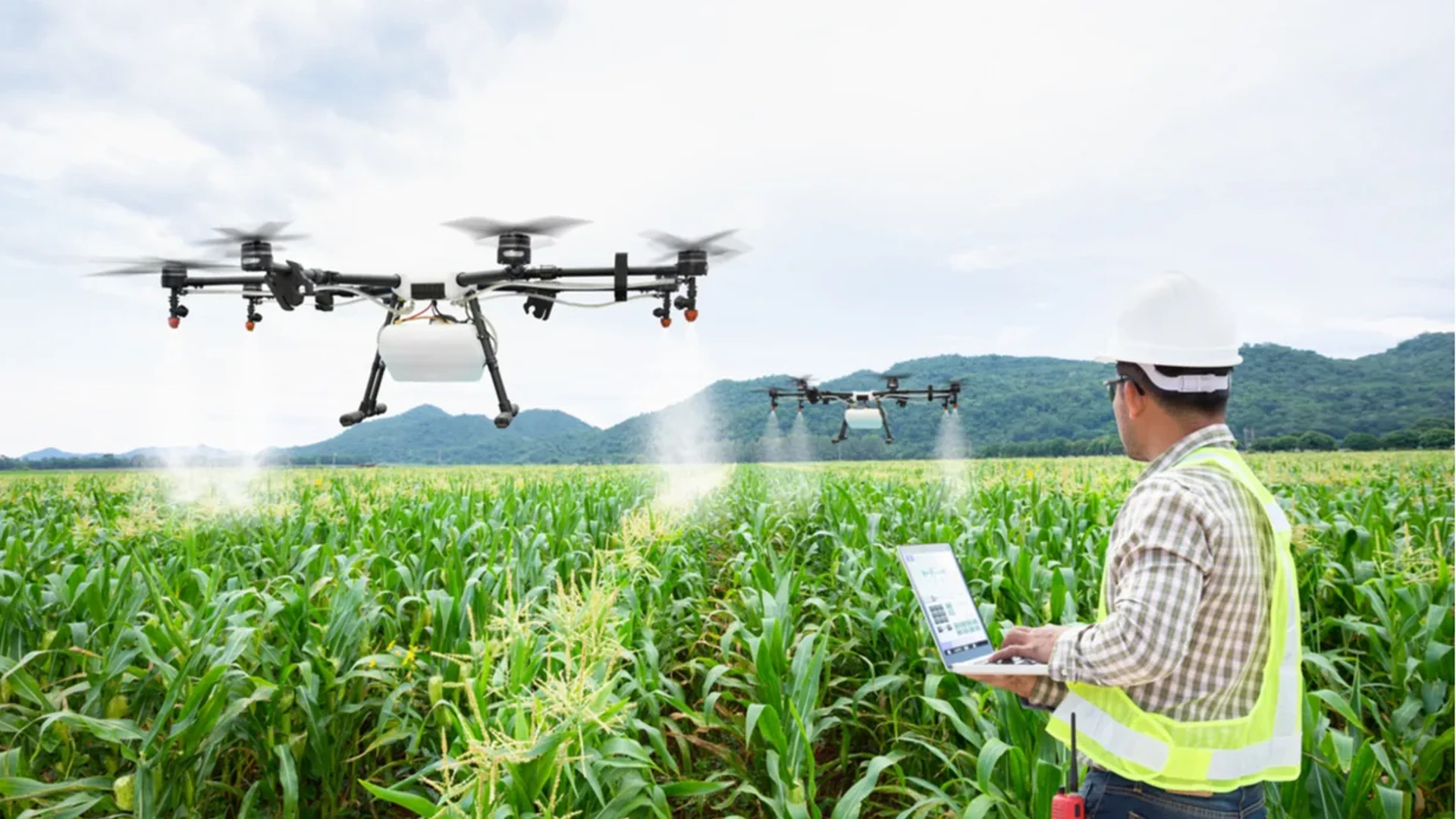The future of sustainable development depends on ensuring food security and saving up resources like water to ensure that countries remain self-sufficient as droughts and desertification affect vast areas as a result of climate change. With modern technology like AI, drones, and computer vision, agricultural production can be scaled up while consuming less water and introducing fewer chemicals into agriculture.
A growing number of digital economies, such as the UAE and Saudi Arabia, already have vertical farms as well as indoor facilities that use intelligent technology to monitor crops. In contrast, drones are used for everything from zapping clouds to planting trees in the middle of the desert. Turkey, which demonstrated it could manufacture UAVs that can excel on the battlefield, is now providing flying devices that can help Azerbaijan cultivate a green revolution by remotely monitoring vegetation and protecting it against disease.
Researchers at Ankara University have created drones that can use surface reflection, in which light bounces off crops to gather more information about plants, known as vegetation indices. The flying objects will record multispectral images, which measure light in the form of several smaller bands, which can later be analyzed with intelligent software.
Data collected and processed through this method reveal the need for water, fertilizers, and diseases that could affect crops to increase productivity and maintain quality. There were also three experts from Azerbaijan involved in the project with access to training courses and experience-sharing exercises, and now it is planned to use drones to spray pesticides as well.
The Turkish system, which will use the same level of technological sophistication as the UAE’s tech-equipped farms to monitor everything down to the leaf, will also be used for educational purposes.
